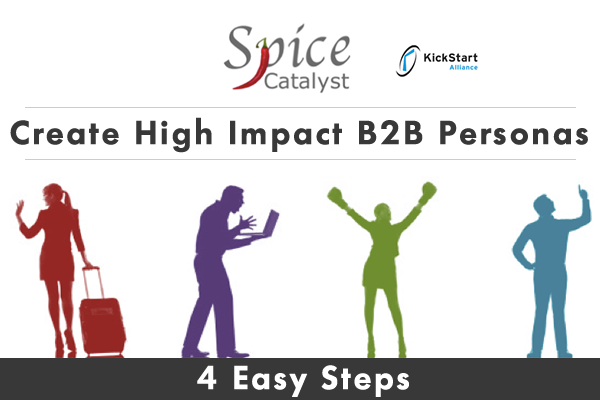Google Adwords is not a “marketing campaign” March 27, 2009
Posted by Mike Gospe in Integrated Marketing.trackback
Frequently I ask marketers to tell me about the integrated marketing campaigns they are running. Often, folks will tell me things like:
- We’ve been running a Google Adwords campaign for the past 2 years.
- We’ve got a new PR campaign kicking off next week.
- Our print advertising campaign has been reduced to 3 insertions due to budge cuts.
- Our inside sales reps are emailing an end-of-life letter to customers next month.
Their answers highlight a general problem most of us marketers face: we fall into the trap of silo’d thinking.
A true “integrated marketing campaign” is by definition integrated. That means it is not solely defined by a single marketing function or tactic. Instead, it is designed to achieve an over-arching marketing objective — like growing market share, repositioning a brand, launching a new product, or incenting customers to upgrade from older products. Campaigns are major company initiatives that garner lots of management attention and budget allocation. To achieve its objective, the campaign is comprised of various marketing programs, activities, and offers that represent the optimum marcom mix we use for dialoging with customers and prospects and shepherding them through the sales cycle quickly. Google Adwords, by itself, does not a campaign make.
What about Eloqua or Salesforce.com?
To complicate matters, sales and marketing tools (like Eloqua or Salesforce.com) use a more tactical definition for the word “campaign.” In fact, Google Adwords can be mapped as a “campaign” into these, and other tools. This is unfortunate because it suggests that isolated, random tactics can be effective without understanding their role in the larger marcom mix.
Tools like Eloqua and Salesforce.com are incredibly important to our marketing campaigns — but they are tools to help us execute the tactics. We need to take responsibility to define the campaign strategy and integrated marketing plan beforehand. The key to success is to think strategically about the optimum marcom mix that maps effectively to our target audience and how they want to receive and process information.
Looking for examples of integrated marketing campaigns? I’ll share tips, techniques, and case studies in future blog posts.


Great post here – it all depends on your definition of what a campaign is. In addition, for tracking purposes you can create a campaign hierarchy in salesforce.com to piece together various campaigns. Again, it all depends on your definitions and what is important to your overall marketing metrics.
@chadhorenfeldt
Chad, thanks for a good post here. There is a lot of confusion regarding the definition of the word “campaign” and we do need to rationalize and clarify what we really mean. What’s most important is that we encourage marketers to think beyond their functional silos in order to support a broader integrated “Campaign” (big C) strategy, even while they are managing or tracking a specific piece (or mini “campaign” (little c)) of the larger whole.